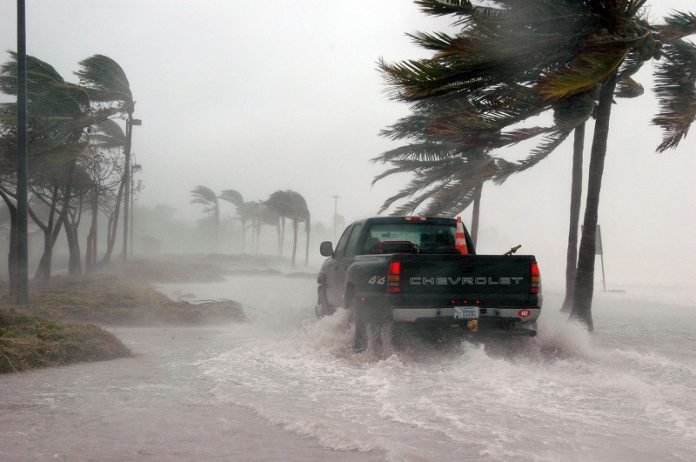
Dementia is a general term used to describe a group of cognitive disorders that affect memory, thinking, and social abilities.
It is a progressive condition that usually affects older adults, but can also occur in younger people.
Dementia can be caused by a variety of factors, including genetics, brain injury, infections, and chronic diseases.
The most common type of dementia is Alzheimer’s disease, which accounts for around 60-80% of all dementia cases.
Other types of dementia include vascular dementia, Lewy body dementia, and frontotemporal dementia.
Symptoms of dementia can vary depending on the type and stage of the condition, but common signs include memory loss, difficulty communicating, confusion, disorientation, and changes in mood or behavior.
As the condition progresses, individuals may have trouble with daily activities such as getting dressed, bathing, and eating.
A new study published in the JAMA Network Open has shed light on the impact of major hurricanes on older adults living with dementia.
While previous studies have shown that hurricanes lead to an increase in mortality, little was known about how this increase in mortality affected older adults living with dementia.
The team found that older adults living with dementia face a higher risk of mortality due to hurricanes than those without dementia.
This increased risk is due to the disruption of their normal routine, including access to caregiving, changes in living environment, loss of access to medications, and changes in daily routines.
The researchers analyzed the mortality risk among people with dementia who were exposed to hurricanes Irma, Harvey, and Florence in the year before and after the storm.
The findings showed that there were 54,340 deaths among the study population of 346,171.
The study found that the risk of mortality was highest among those aged 85 and older, with a 9% increase in the risk of death compared to adults over 85 without dementia.
Additionally, older adults who were enrolled in both Medicare and Medicaid had an 11% increased risk for mortality.
One interesting finding of the study was that mortality risk remained high among people with dementia who moved after the storm.
The percentage of mortality attributed to exposure among people with dementia ranged from 10.9% for Harvey to 6.2% for Irma.
Mortality peaked 3-6 months after hurricanes Irma and Harvey, indicating that the increase in mortality was due to factors other than the immediate harms of the storm, such as lack of health care access and changes in normal routines.
The study’s findings have important implications for the millions of Americans living with dementia.
With the number of Americans living with dementia expected to increase in the coming years, the impact of disasters on this vulnerable population will also increase.
The team emphasized the need for an integrated approach to preparedness and response that includes local, state, and federal responders, healthcare regulators, and policymakers.
They say studying how caregivers have prepared, whether people evacuated, and what type of response capabilities their community had, would potentially influence the impact of the disaster on this group of older adults.
Overall, this study underscores the need for increased attention and support for the needs of older adults, particularly those with dementia, during disasters.
Although there is no cure for dementia, treatment options can help manage symptoms and slow the progression of the disease.
Medications, lifestyle changes, and therapy can all be effective in improving the quality of life for people with dementia and their caregivers.
It is important to note that dementia not only affects individuals but also their families and caregivers.
Providing support and education to caregivers can help them better understand the condition and provide appropriate care for their loved ones.
Additionally, research into dementia and its causes is ongoing, and continued efforts are needed to find better treatments and ultimately a cure.
If you care about dementia, please read studies about vitamin D deficiency linked to Alzheimer’s and vascular dementia, and extra-virgin olive oil could boost brain function.
For more information about brain health, please see recent studies about antioxidants that could help reduce dementia risk, and strawberries could help prevent Alzheimer’s disease
The study was conducted by Sue Anne Bell et al at the University of Michigan.
Copyright © 2023 Knowridge Science Report. All rights reserved.



